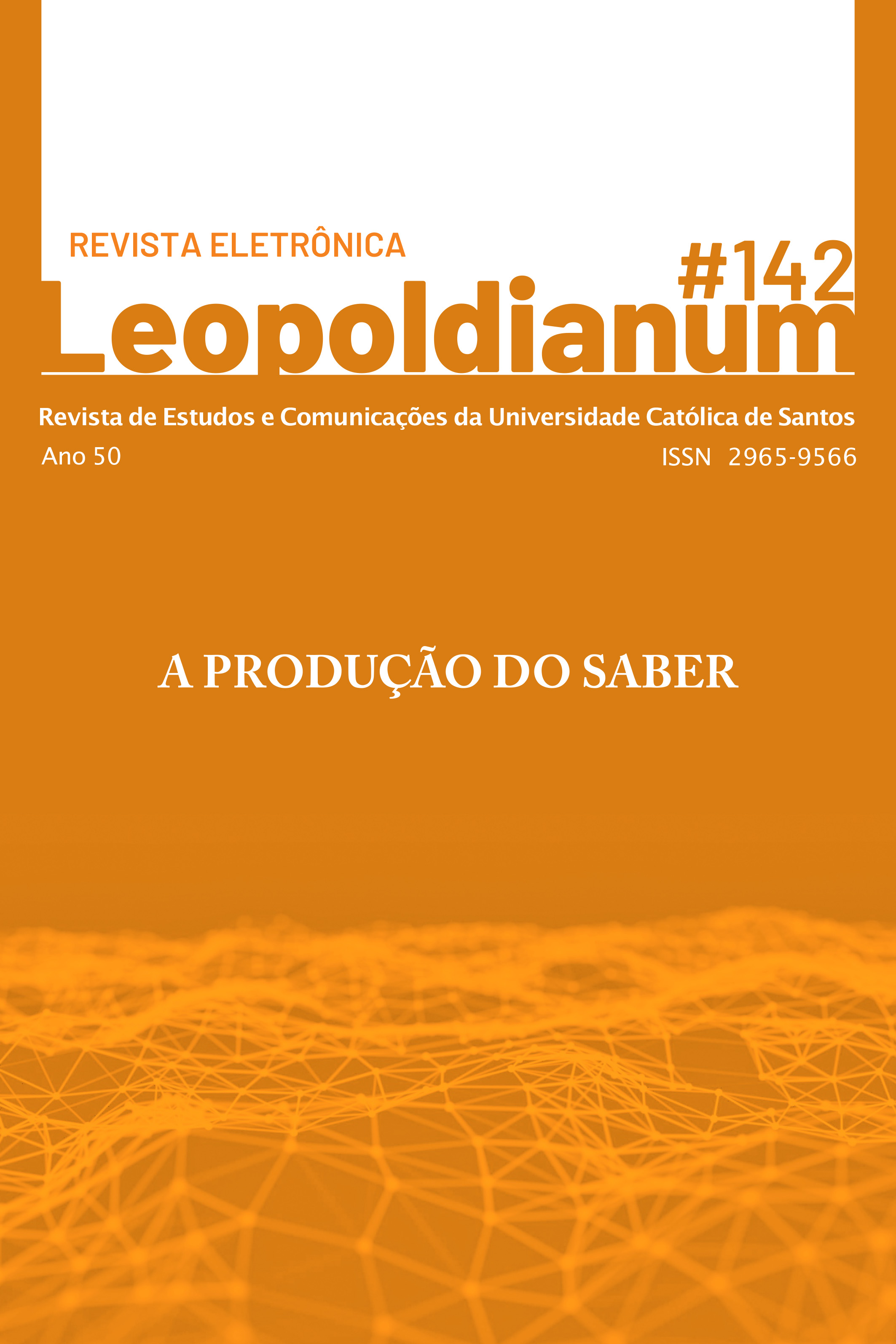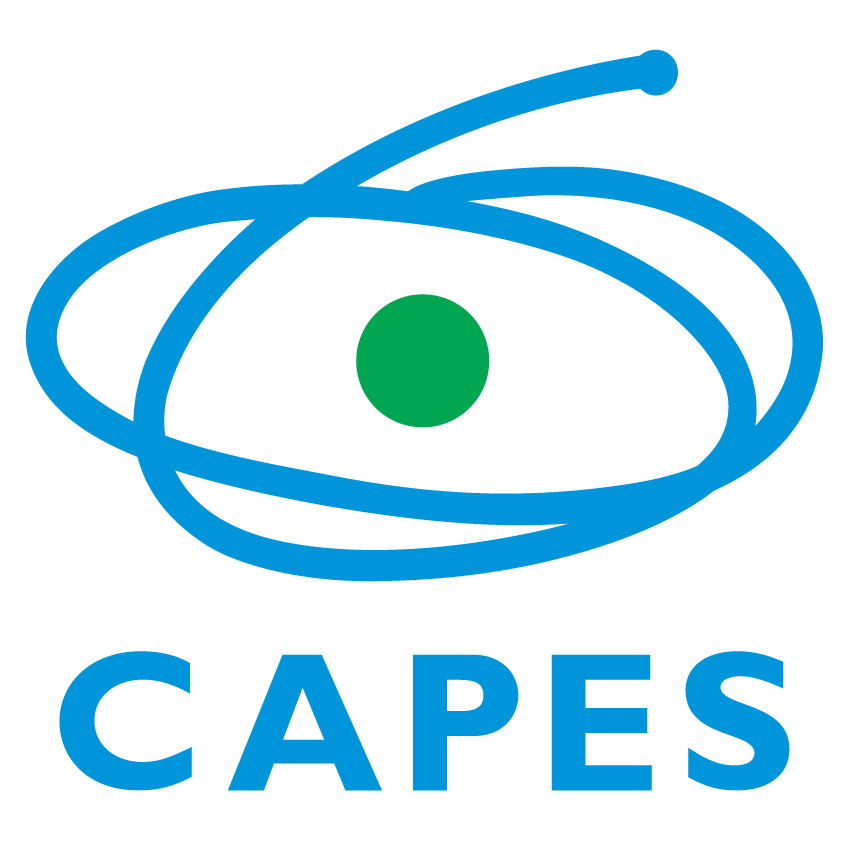TEACHING NARRATIVES AND KNOWLEDGE IN MOVEMENT:
TEACHERS’ MOBILIZATIONS FOR INCLUSIVE EDUCATION
DOI:
https://doi.org/10.58422/releo2024.e1674Abstract
This article analyzes the narratives of teachers who work in Basic Education and Special Education in São Paulo, SP, seeking to understand the challenges and complexities of their pedagogical practices in a context of social inequality. The research uses narrative interviews to explore how the educators' life trajectories influence their relationships with knowledge and their approaches to inclusion and diversity in the school environment. The teachers' stories illustrate both the difficulties they face and the strategies of resistance and transformation adopted. The article highlights the importance of ongoing training and critical reflection on the beliefs and values ??that guide teaching work, pointing out that inclusive education goes beyond curricular adaptation, requiring a commitment to listening to and embracing the singularities of each student. In addition, the study highlights the need for a broader debate on the working conditions and institutional limitations that affect the implementation of inclusive practices. The conclusion proposes that, for schools to become inclusive and transformative, it is essential to promote an environment that values ??diversity and recognizes education as a means of empowerment and social justice. The article contributes to the reflection on the role of educators in building an education that respects and celebrates differences, proposing a new look at the power dynamics in the educational system.
Downloads
Published
Issue
Section
License

This work is licensed under a Creative Commons Attribution 4.0 International License.
A Revista Eletrônica Leopoldianum - Revista de Estudos e Comunicações da Universidade Católica de Santos (ISSN: 2965-9566) é detentora dos direitos autorais de todos os artigos publicados por ela. A reprodução total dos textos em outras publicações, ou para qualquer outro fim, por quaisquer meios, requer autorização por escrito do editor. Reproduções parciais de artigos (resumo, abstract, mais de 500 palavras de texto, tabelas, figuras e outras ilustrações) deverão ter permissão por escrito do editor e dos autores.












